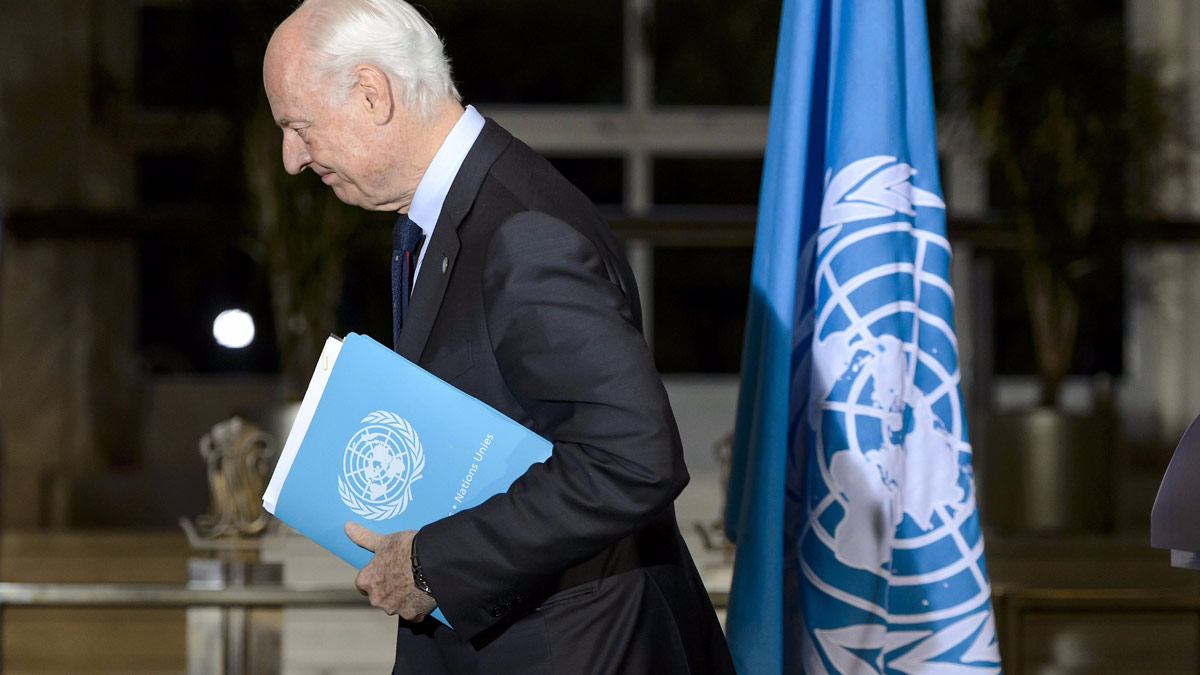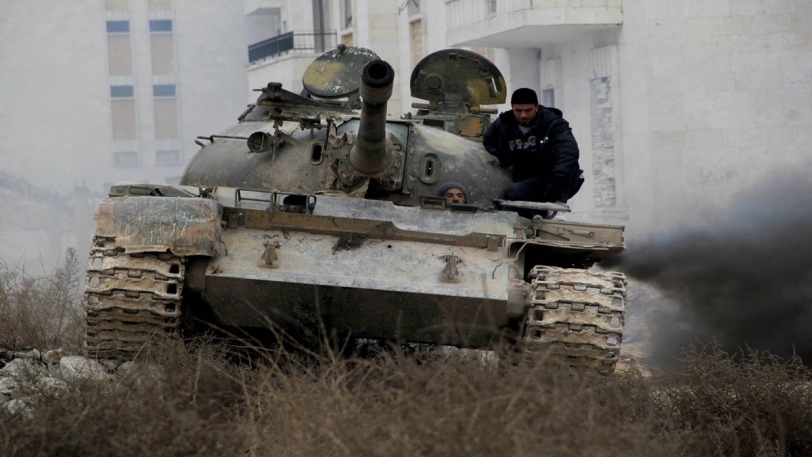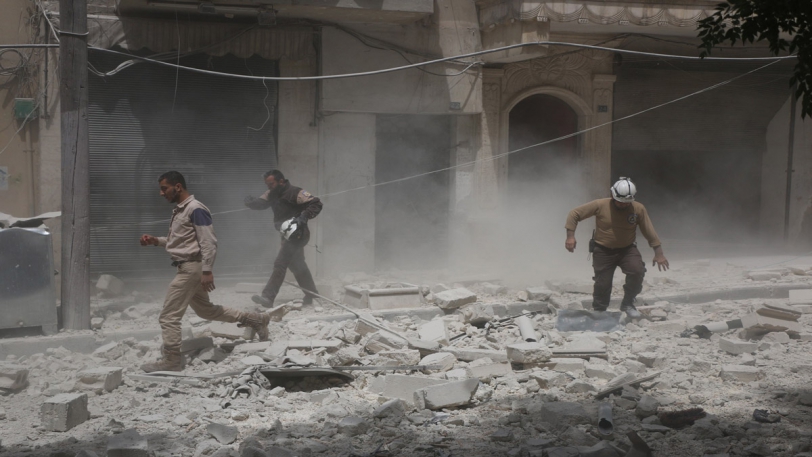
The Assad Files
e investigator in Syria had made the drive perhaps a hundred times, always in the same battered truck, never with any cargo. It was forty miles to the border, through eleven rebel checkpoints, where the soldiers had come to think of him as a local, a lawyer whose wartime misfortunes included a commute on their section of the road. Sometimes he brought them snacks or water, and he made sure to thank them for protecting civilians like himself. Now, on a summer afternoon, he loaded the truck with more than a hundred thousand captured Syrian government documents, which had been buried in pits and hidden in caves and abandoned homes.
He set out at sunset. To the fighters manning the checkpoints, it was as if he were invisible. Three reconnaissance vehicles had driven ahead, and one confirmed by radio what the investigator hoped to hear: no new checkpoints. Typically, the border was sealed, but soldiers from the neighboring country waved him through. He drove until he reached a Western embassy, where he dropped off the cargo for secure transfer to Chris Engels, an American lawyer. Engels expected the papers to include evidence linking high-level Syrian officials to mass atrocities. After a decade spent training international criminal-justice practitioners in the Balkans, Afghanistan, and Cambodia, Engels now leads the regime-crimes unit of the Commission for International Justice and Accountability, an independent investigative body founded in 2012, in response to the Syrian war.
In the past four years, people working for the organization have smuggled more than six hundred thousand government documents out of Syria, many of them from top-secret intelligence facilities. The documents are brought to the group’s headquarters, in a nondescript office building in Western Europe, sometimes under diplomatic cover. There, each page is scanned, assigned a bar code and a number, and stored underground. A dehumidifier hums inside the evidence room; just outside, a small box dispenses rat poison.
Upstairs, in a room secured by a metal door, detailed maps of Syrian villages cover the walls, and the roles of various suspects in the Syrian government are listed on a whiteboard. Witness statements and translated documents fill dozens of binders, which are locked in a fireproof safe at night. Engels, who is forty-one, bald and athletic, with a precise, discreet manner, oversees the operation; analysts and translators report directly to him.
The commission’s work recently culminated in a four-hundred-page legal brief that links the systematic torture and murder of tens of thousands of Syrians to a written policy approved by President Bashar al-Assad, coördinated among his security-intelligence agencies, and implemented by regime operatives, who reported the successes of their campaign to their superiors in Damascus. The brief narrates daily events in Syria through the eyes of Assad and his associates and their victims, and offers a record of state-sponsored torture that is almost unimaginable in its scope and its cruelty. Such acts had been reported by survivors in Syria before, but they had never been traced back to signed orders. Stephen Rapp, who led prosecution teams at the international criminal tribunals in Rwanda and Sierra Leone before serving for six years as the United States Ambassador-at-Large for War Crimes Issues, told me that the CIJA’s documentation “is much richer than anything I’ve seen, and anything I’ve prosecuted in this area.”
The case is the first international war-crimes investigation completed by an independent agency like the CIJA, funded by governments but without a court mandate. The organization’s founder, Bill Wiley, a Canadian war-crimes investigator who has worked on several high-profile international tribunals, had grown frustrated with the geopolitical red tape that often shapes the pursuit of justice. Because the process of collecting evidence and organizing it into cases is purely operational, he reasoned that it could be done before the political will exists to prosecute the case.


